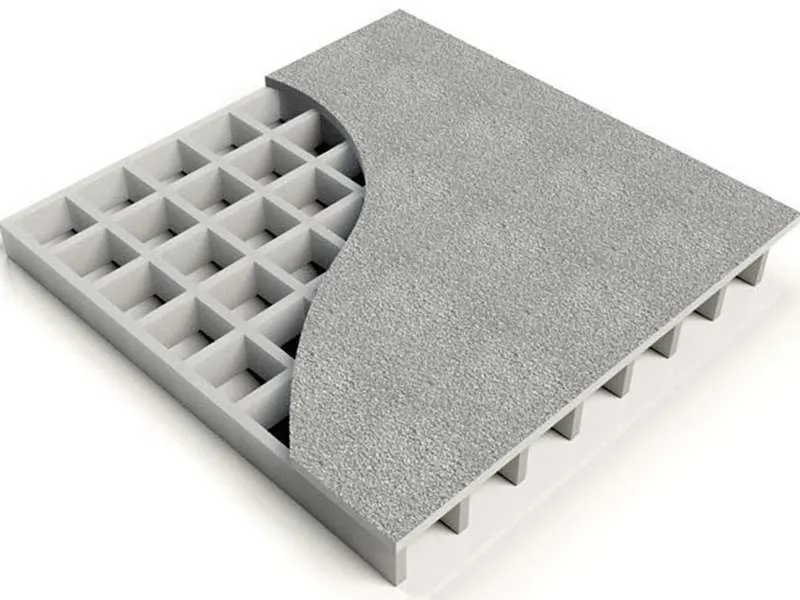
-
 Afrikaans
Afrikaans -
 Albanian
Albanian -
 Amharic
Amharic -
 Arabic
Arabic -
 Armenian
Armenian -
 Azerbaijani
Azerbaijani -
 Basque
Basque -
 Belarusian
Belarusian -
 Bengali
Bengali -
 Bosnian
Bosnian -
 Bulgarian
Bulgarian -
 Catalan
Catalan -
 Cebuano
Cebuano -
 China
China -
 China (Taiwan)
China (Taiwan) -
 Corsican
Corsican -
 Croatian
Croatian -
 Czech
Czech -
 Danish
Danish -
 Dutch
Dutch -
 English
English -
 Esperanto
Esperanto -
 Estonian
Estonian -
 Finnish
Finnish -
 French
French -
 Frisian
Frisian -
 Galician
Galician -
 Georgian
Georgian -
 German
German -
 Greek
Greek -
 Gujarati
Gujarati -
 Haitian Creole
Haitian Creole -
 hausa
hausa -
 hawaiian
hawaiian -
 Hebrew
Hebrew -
 Hindi
Hindi -
 Miao
Miao -
 Hungarian
Hungarian -
 Icelandic
Icelandic -
 igbo
igbo -
 Indonesian
Indonesian -
 irish
irish -
 Italian
Italian -
 Japanese
Japanese -
 Javanese
Javanese -
 Kannada
Kannada -
 kazakh
kazakh -
 Khmer
Khmer -
 Rwandese
Rwandese -
 Korean
Korean -
 Kurdish
Kurdish -
 Kyrgyz
Kyrgyz -
 Lao
Lao -
 Latin
Latin -
 Latvian
Latvian -
 Lithuanian
Lithuanian -
 Luxembourgish
Luxembourgish -
 Macedonian
Macedonian -
 Malgashi
Malgashi -
 Malay
Malay -
 Malayalam
Malayalam -
 Maltese
Maltese -
 Maori
Maori -
 Marathi
Marathi -
 Mongolian
Mongolian -
 Myanmar
Myanmar -
 Nepali
Nepali -
 Norwegian
Norwegian -
 Norwegian
Norwegian -
 Occitan
Occitan -
 Pashto
Pashto -
 Persian
Persian -
 Polish
Polish -
 Portuguese
Portuguese -
 Punjabi
Punjabi -
 Romanian
Romanian -
 Russian
Russian -
 Samoan
Samoan -
 Scottish Gaelic
Scottish Gaelic -
 Serbian
Serbian -
 Sesotho
Sesotho -
 Shona
Shona -
 Sindhi
Sindhi -
 Sinhala
Sinhala -
 Slovak
Slovak -
 Slovenian
Slovenian -
 Somali
Somali -
 Spanish
Spanish -
 Sundanese
Sundanese -
 Swahili
Swahili -
 Swedish
Swedish -
 Tagalog
Tagalog -
 Tajik
Tajik -
 Tamil
Tamil -
 Tatar
Tatar -
 Telugu
Telugu -
 Thai
Thai -
 Turkish
Turkish -
 Turkmen
Turkmen -
 Ukrainian
Ukrainian -
 Urdu
Urdu -
 Uighur
Uighur -
 Uzbek
Uzbek -
 Vietnamese
Vietnamese -
 Welsh
Welsh -
 Bantu
Bantu -
 Yiddish
Yiddish -
 Yoruba
Yoruba -
 Zulu
Zulu
Durable Fiberglass Launder Solutions for Efficient Water Management and Filtration Systems
The Importance of Fiberglass Launders in Modern Industries
Fiberglass launders play a crucial role in various industries, primarily focused on the efficient handling and transportation of liquids, particularly in the metallurgical and waste management sectors. Constructed from high-quality fiberglass reinforced plastic (FRP), these launders offer numerous advantages over traditional materials such as metal or concrete. Their unique properties make them an indispensable component in processes ranging from water treatment to the smelting of metals.
First and foremost, fiberglass launders are renowned for their exceptional durability. Unlike metal, which can corrode or rust over time, fiberglass is resistant to a wide range of chemicals and environmental factors. This resistance not only extends the life of the launder but also ensures that the integrity of the liquid being transported is maintained. In industries where contamination can lead to significant loss or damage, the use of fiberglass launders guarantees a safe and secure environment for production and processing.
Another key advantage of fiberglass launders is their lightweight nature. Compared to traditional materials, fiberglass is significantly lighter, which simplifies handling, transportation, and installation processes. This attribute can lead to reduced labor costs and the overall time required for setup. Additionally, the ease of installation contributes to fewer disruptions in production schedules, thereby enhancing overall operational efficiency.
Flexibility in design is another beneficial characteristic of fiberglass launders. The material can be molded into various shapes and sizes, allowing for customized solutions that fit specific operational needs. This flexibility enables industries to optimize their layout and processes, which can result in improved workflow and increased productivity. Whether it’s for a large-scale manufacturing facility or a small-scale treatment plant, fiberglass launders can be tailored to meet the exact specifications required.
Moreover, fiberglass launders also exhibit impressive thermal properties. They can withstand high temperatures, making them suitable for processes that involve molten metals or extreme conditions. In metallurgical applications, for instance, fiberglass launders can effectively handle the transfer of molten materials without the risk of melting or deformation, thus ensuring a safe and efficient operation.
fiberglass launder

In terms of maintenance, fiberglass launders are relatively easy to clean and maintain compared to their metal counterparts. Their smooth surfaces reduce the accumulation of debris and buildup, which is crucial in industries where hygiene and cleanliness are paramount. This ease of maintenance not only contributes to operational efficiency but also lowers the costs associated with long-term upkeep.
Environmental considerations cannot be overlooked when discussing fiberglass launders. As industries strive to minimize their environmental impact, the use of fiberglass, which is recyclable, is a step in the right direction. Implementing fiberglass launders can help organizations comply with regulations regarding waste management and sustainability, contributing to their overall environmental goals.
In addition to these practical advantages, fiberglass launders also enhance safety in the workplace. Their non-conductive properties reduce the risk of electrical hazards, making them a safer alternative in environments where electrical components are present. Furthermore, their resistance to chemical reactions and breakdowns minimizes the likelihood of spills or leaks, thereby protecting workers and the surrounding environment.
As technology continues to advance, so too does the application of fiberglass launders across various sectors. From wastewater treatment plants to metal casting facilities, the use of fiberglass in launder systems is evolving. Industry professionals are increasingly recognizing the benefits that fiberglass provides, prompting a shift towards this innovative material.
In conclusion, fiberglass launders represent a significant advancement in the way industries manage liquid transportation and processing. Their durability, lightweight nature, flexibility, thermal resistance, and ease of maintenance make them a preferred choice across multiple sectors. As industries increasingly focus on operational efficiency, environmental sustainability, and worker safety, the adoption of fiberglass launders is likely to continue growing. Embracing this technology not only enhances productivity but also positions organizations for future success in a continually evolving marketplace.









